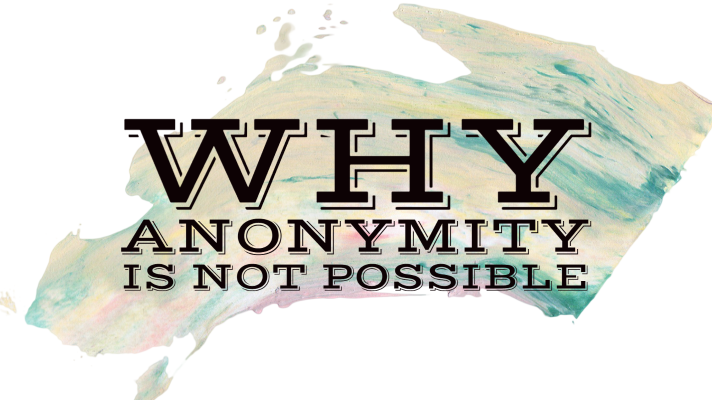Is anonymity possible in embryo adoption? Meghana Keshavan from STAT sets out to prove that it is not as clear-cut as previously believed. With the increasing popularity of social media and DNA testing services such as 23&Me and Ancestry.com, she states that anonymity has become close to impossible to achieve. Children who were never told they were conceived with the help of a donor are only now discovering their true origins through DNA testing sites. Individuals such as Laura, Andy, and Christine found out about their origins between the ages of 20 and 40. Each of them remember vividly finding out on their own, and their identity crumbling before their eyes.
Feeling like they had been living a lie, many of these people have had a hard time staying connected with the families they were born into. Stories like these are incredibly common, and they are the reason why experts are encouraging all families adopting embryos to tell their children where they came from at an early age.
As a parent or potential future parent of a child born through embryo adoption, it might be helpful to know that 50% of embryos donated were created using either donor eggs or donor sperm. Your children are not alone in their story, and there are plenty of resources available for them to use as they form their identity. Following is a list of common myths, and facts that may help ease your mind as you navigate this process.
If I keep this a secret, bonding with my baby will be easier.
Dr. Zweifdel at the University of Wisconsin did a research study on the emotional well-being of donor-conceived children is equal to that of naturally conceived families, as long as they are told at a young age. The parent-child bond was equally strong in both types of families, and showed no difficulties in the closeness and strength of the relationships. The study also found that parents who had not yet or were not planning on telling their child of their origins had higher levels of stress and conflict in the relationship with their children.
My child will be hurt if they find out.
Research proves that if a child is told about their conception slowly and from a young age, they will grow up valuing their story, their family, and their origins. Reinforcing the fact that you love them and you wanted them as a part of your family can help them have confidence in their identity from the very beginning.
My child does not need to know.
This is a big one. A myth that affects children deeply once the truth is finally revealed. In fact, many countries have banned anonymous donations for sperm, eggs, and embryos, as they advocate for the child’s right to know where they came from. Children have the right to know their accurate and complete medical history, as it can be life-saving in many circumstances! Many of these laws were passed following the death of a woman who was conceived using donor eggs. She spent years trying to figure out the medical background, but the donor program her parents used refused to release the information to her. Situations like this one are not rare, and can often end in pain and heartbreak.
So why is it so difficult to consider sharing your child’s origins with them?
The issue many families run into here is grief. Grieving the loss of a child who is not genetically related to you takes time. If adequate time is not taken to grieve, it is much more difficult to have conversations with your child about their origins. If you still feel uncertain about telling your child their conception story, we would highly recommend finding a good counselor or therapist to process your grief with. It is completely normal and okay to have strong feelings surrounding your infertility journey, and many people find great comfort in working with a professional before they venture into the world of embryo adoption.
The Donor Sibling Registry said it best when they wrote “This shouldn’t be about your unresolved grief, your hesitations, your fears. This should be about what is in the best interests of your child, and their right to the truth about themselves, their medical background, their ancestry, and their genetic relatives.”
To learn more about grieving the loss of genetic child, you can view our video on YouTube. To learn more about embryo donation and adoption, visit EmbryoAdoption.org.


Recent Comments